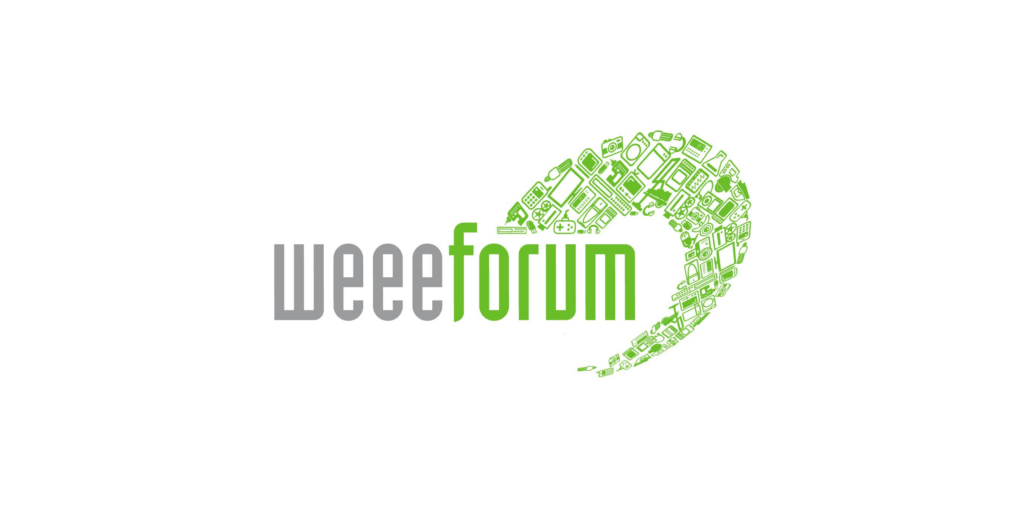
Intrigued by the WEEE Forum’s portfolio of seven ongoing EU funded projects, we asked María Anta Martínez, Technical Advisor at the WEEE Forum, to tell us a bit more about herself and why the WEEE Forum joined GRINNER.
Hello everyone and delighted to be here. As Technical Advisor to the WEEE Forum I mainly focus, together with my colleagues, on aligning technical tasks assigned in EU-funded projects in which the WEEE Forum is involved. I joined this vibrant community in January 2018, having previously worked in similar positions on issues related to urban environment and household waste management in Spain, my home country and where I live.
The WEEE Forum is the world’s largest multi-national centre of competence as regards operational know-how concerning the management of waste electrical and electronic equipment (WEEE) and, since its foundation in 2002, has participated to ten EU funded projects of which seven is still running. It is a not-for-profit association of over 50 WEEE producer responsibility organisations committed to tackling the challenges of electrical and electronic waste, and the growing issue of fires associated with WEEE containing batteries is one of them.
Some battery types inside discarded WEEE can ignite or explode when damaged. Thus, as the number of everyday products containing batteries increases, so do fires. The WEEE Forum is a member of the Batteries Roundtable, a group of organisations joining forces to design measures tackling this problem. Members of the Roundtable include organisations that manage both the collection and treatment of spent batteries and WEEE and manufacturers of home appliances and consumer electronics.
I firmly believe that the solution to the challenges of the 21st century lies in doing things differently; in the words of Albert Einstein: “We cannot solve our problems with the same thinking we used when we created them”. In that sense, the speedy revolution of artificial intelligence and deep learning technologies offers an incredible opportunity to the waste management sector to solve the growing problem of battery-caused fires. This is the main reason behind the WEEE Forum joining the GRINNER project.
Our main contribution to the GRINNER project is to help identify weak points within recycling and waste management processes where the GRINNER’s solution could be applicable, as well as to provide expertise to the operational and environmental impact assessment, the commercialisation strategy, and the development of training materials.
Furthermore, the WEEE Forum is leading the communication and dissemination activities of the project leveraging its previous experience and extensive network. This series of interviews for example, was brought to you by the WEEE Forum as well. Our goal is to maximise the project’s outreach and engage stakeholders alongside end users in the coming years.
On that note, the GRINNER project fits perfectly in the theme of this year’s International E-Waste Day – organised by the WEEE Forum – focussing on invisible e-waste. Invisible e-waste refers to electronic waste that goes unnoticed and discarded with household waste due to its nature or appearance such as remote-controlled toy cars, wireless headphones, or even vapes. These items may cause serious problems at sorting and recycling facilities when unrecognised.
Help us spread the word and join E-Waste Day: https://internationalewasteday.com/
